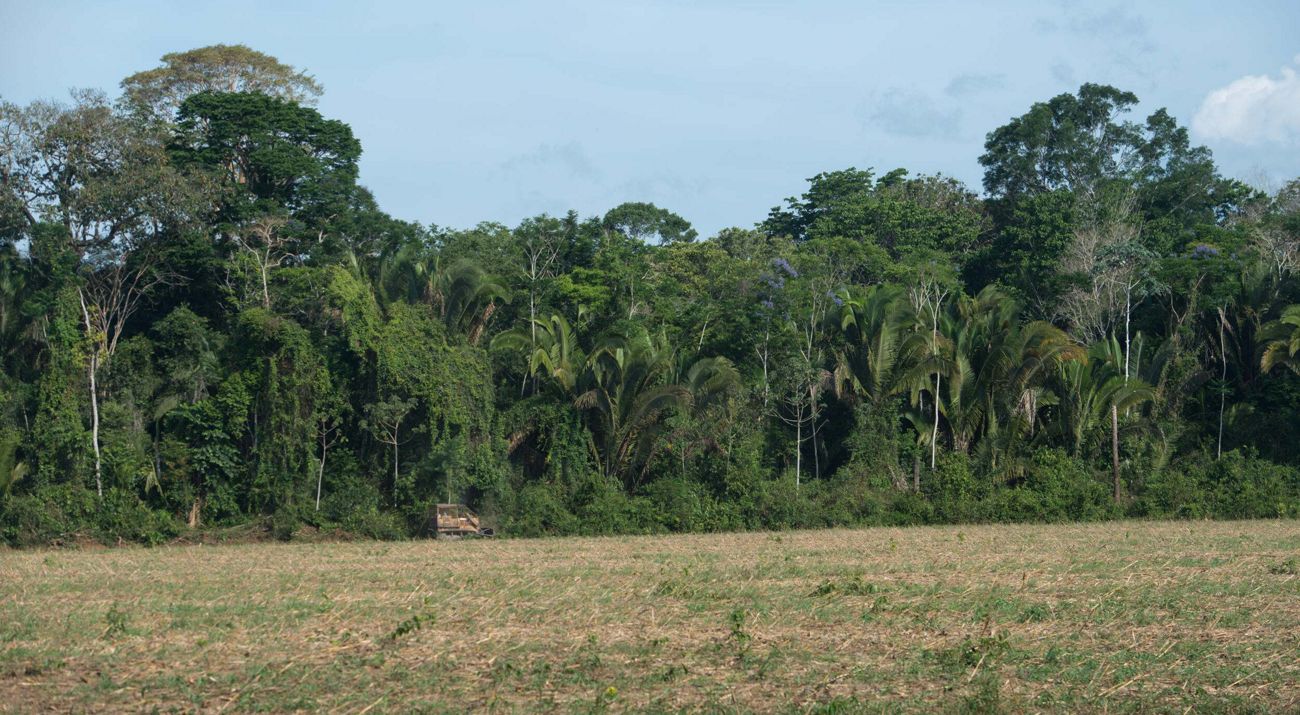Delay of EU Deforestation Regulation could be a setback for combatting deforestation
Amidst the twelve-month delay of the crucial deforestation law, signs of clarity and commitment are needed to make EUDR succeed
The recent developments around the landmark EU regulation on deforestation-free products (EUDR) do not serve anyone any good. The EU Commission proposal to delay the law by one year means that its key features will not come into effect till December 2025, risking its efficacy as a mechanism to disincentivise deforestation.
The delay comes at a time when we have seen significant progress amongst supply chain actors in impelmenting sustainable measures to comply with the EUDR requirements. It is clear that the original December 2024 deadline served as a major motivating factor in some agricultural producing countries to step-up efforts to clean up their supply chains.
For example, the VISEC traceability platform in Argentina successfully accelerated its pilot programs in anticipation of the EUDR’s original application date. In the last 12 months, the initiative helped ship 100,000 tonnes of deforestation-free soymeal from Argentina to Europe, a significant milestone in efforts to end deforestation in European supply chains.

The delay puts this newly generated momentum at risk. Ultimately, stakeholders in the food system, be it producers, businesses, or investors need clear and consistent communication on expectations. Without that, the EU risks undermining confidence in the signals that its regulations send to the market. If it is unclear whether the EU will actually follow through with clearly-stated and already-negotiated legislation, this can impact compliance with its regulations in the future and make acceleration of sustainable market shifts less likely.
However, there is a silver lining. Last month, the EU published its framework for international cooperation on deforestation, which provides a blueprint on how European countries can support agricultural producers to transition away from traditional land-conversion practices. This is crucial, as regulatory measures alone do not eliminate potential unintended risks they might create; be it diversion of supply chains to other markets or spillage of production to non-forested ecosystems. Incentives for producers that make economic sense are needed to fully fulfil the promise and potential of the EUDR.
The existing Team Europe Initiative on Deforestation-free value chains is a good start, but it also needs to consider options that are going to impact this much needed transformation at the scale needed to meet our international commitments on deforestation. By linking the EUDR with a financial package aimed at helping producers transition to deforestation-free production, the EU would not only target its greatest deforestation risk exposure areas but also transform the political conversation in producer countries and ensure it is part of the solution in forest-risk areas.
Last year, TNC published a comprehensive report examining how cooperation with producer countries is essential not only to ensure the effectiveness of the EUDR but also to garner wider momentum globally. You can view the full report here.
Delaying the EUDR any further risks delaying the legislation’s positive effects. This would be a massive opportunity cost to curb the habitat destruction and planet-warming emissions associated with deforestation. With both the climate and biodiversity crises on the rise, we have not a moment to lose to combat their disastrous effects on people and planet.
Regardless of what happens next, the EU should, therefore, seriously consider using the resources at its disposal to amplify its cooperation initiatives with producer countries, particularly around land use and traceability, to maintain and accelerate the momentum we have already witnessed and ensure the EU’s deforestation agenda remains on track.
Let's Make Breakthroughs Break Through
The climate and biodiversity crises are interconnected and daunting. But by working together, we can overcome the barriers to the solutions our planet needs. Get our monthly newsletter and join a community of changemakers.


